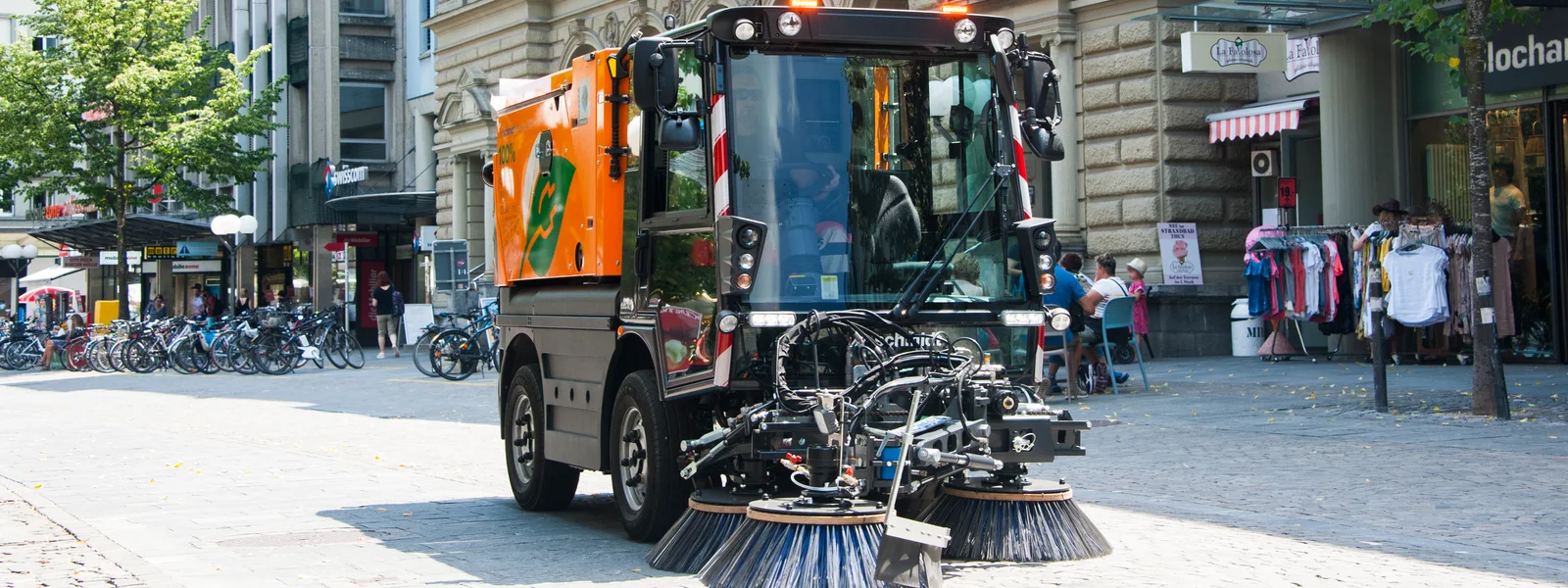

More in Local news
-


Local news
Unusual Guest Appearance: Deer Invades Girls’ Soccer Match in Pennsylvania
Clarks Summit, Pennsylvania – In a rather unexpected turn of events, a deer stole the spotlight...
-


Local news
Nintendo and Seattle Aquarium Merge Virtual and Reality with Animal Crossing Collaboration
Seattle, WA – In an exciting blend of digital and physical realms, Nintendo has partnered with...
-


Local news
Seattle Honors Indigenous Peoples’ Day with Unity, Gratitude, and Cultural Celebration
In a display of unity, respect, and cultural celebration, Seattle marked its second official Indigenous Peoples’...
-


Local news
Downtown Seattle Sees Surge in Activity Since Pandemic, Fueled by Amazon’s Office Mandate
Foot traffic in downtown Seattle and the vicinity of Amazon’s headquarters reached a new high in...
-


Local news
Building the City of Tomorrow: A Look at Seattle’s Infrastructure
Seattle is a city that has undergone significant growth and development over the past few decades,...




